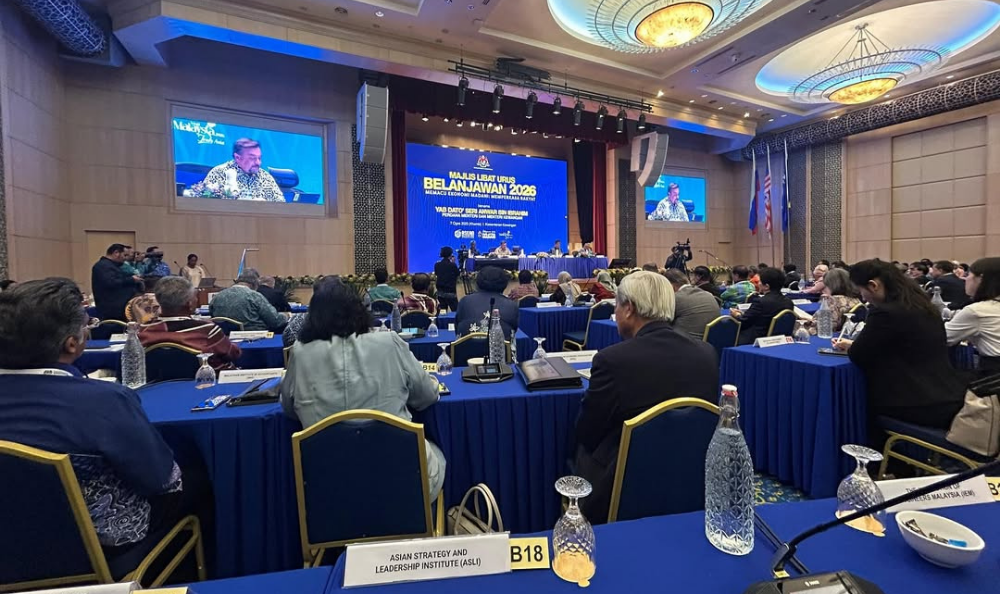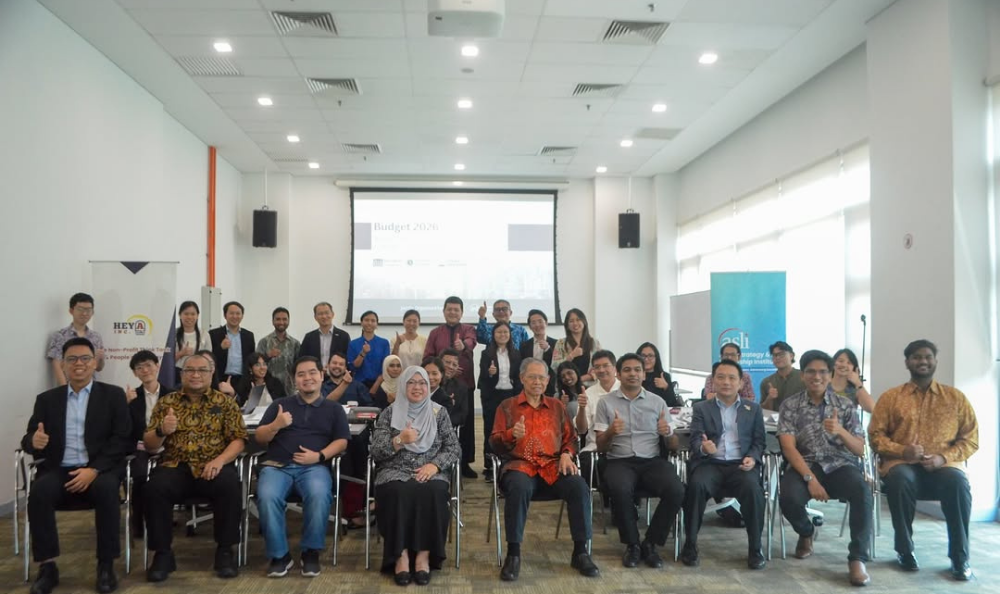Social psychology unveils a compelling concept known as Power Distance (PD), introduced prominently by Professor Geert Hofstede. This metric measures a society's acceptance of power imbalances. A noteworthy exploration by Malcolm Gladwell in his work, 'Outliers', correlates high PD with increased likelihoods of aviation disasters, using the 1997 Korea Air Flight 801 tragedy as a case study.
The remnants of feudalism still cast a shadow in modern societies, evidenced by Malaysia's top-ranking PD. Rooted in its feudal legacy and colonial history, Malaysia's high PD is manifested in varied ways: a subdued stance on corruption, hesitancy in challenging authority, an innovation-deficit, and a general resistance to progressive change. To combat this, Malaysia can look towards nations with low PDIs, such as Austria and Denmark, that thrive on transparency, equality, and participatory decision-making.
However, balancing progress with respect for cultural traditions remains key. The pitfalls of culturalism, or attributing catastrophes solely to cultural factors, must also be acknowledged. Events like the 2009 Air France crash didn't prompt cultural introspections, unlike Asian cultures which often bear the brunt of such analyses.
As Malaysia approaches pivotal elections across various states, Gladwell's insights serve as a poignant reminder: the need is to vote in representatives, not overlords. Only by critically examining and reconfiguring power dynamics can Malaysia cultivate a society that champions collective advancement over mere compliance. As electoral decisions loom, voters must prioritize accessibility and equality in their chosen leaders.
The original article was written by ASLI’s CEO, Danial Rahman and can be read here:




